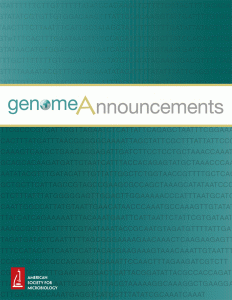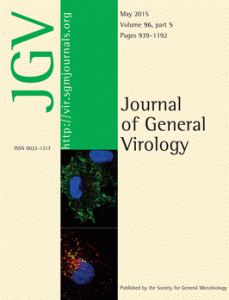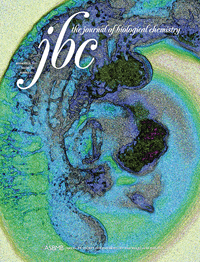 Readers of this blog know that we have had a few stock villains over the years. High on the list has been the Journal of Biological Chemistry (JBC), and we’ve criticized repeatedly the journal’s unwillingness to provide any information about the reasons for retractions. For as long as we’ve been around, the JBC’s stock retraction statement seemed to be:
Readers of this blog know that we have had a few stock villains over the years. High on the list has been the Journal of Biological Chemistry (JBC), and we’ve criticized repeatedly the journal’s unwillingness to provide any information about the reasons for retractions. For as long as we’ve been around, the JBC’s stock retraction statement seemed to be:
This article has been withdrawn by the authors.
Times have changed. According to an editorial published earlier this month, the JBC says it will now be giving readers as much information as possible about the retraction notices it prints. The editorial, written by interim editor-in-chief of Vanderbilt University, alludes to the heat the journal has been taking about its opacity: Continue reading Now this is good news: In policy change, JBC will now make retraction notices informative
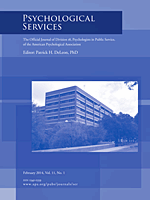
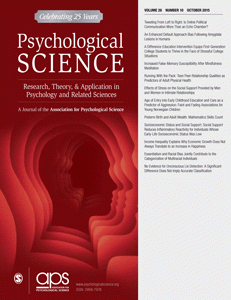


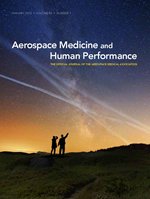

 A widely reported finding that the risk of divorce increases when wives fall ill — but not when men do — is invalid, thanks to a short string of mistaken coding that negates
A widely reported finding that the risk of divorce increases when wives fall ill — but not when men do — is invalid, thanks to a short string of mistaken coding that negates 